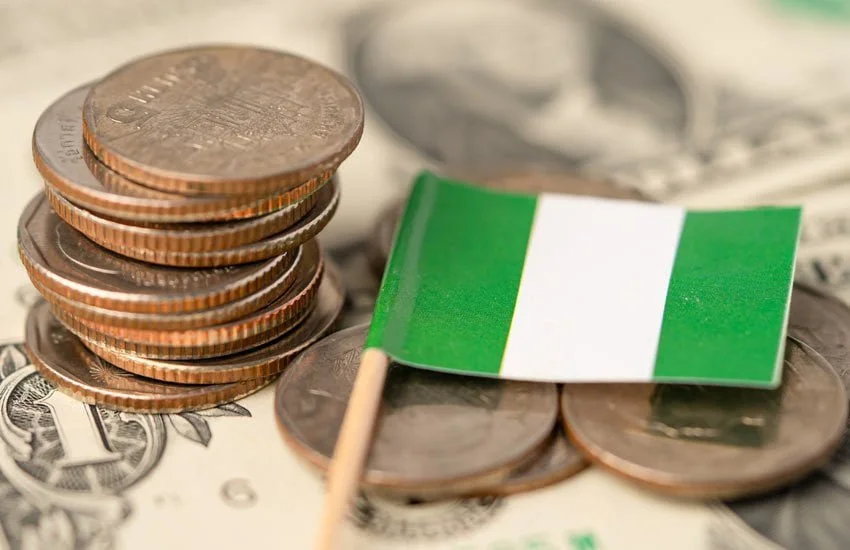The Central Bank of Nigeria will start the pilot of its central bank digital currency (CBDC) on October 1, this is also her independence day.

The Central Bank of Nigeria (CBN) has been in the news for its anti-cryptocurrency actions throughout much of 2021.
Nonetheless, the institution has increased its investment and research into cryptocurrency’s underlying technology, blockchain, and has set a firm deadline for the launch of its blockchain-powered central bank digital currency pilot project (CBDC).
CBN is expected to begin a trial scheme for “GIANT” on October 1, a CBDC project that has been under development since 2017 and runs on the open-source blockchain Hyperledger Fabric.
CBN information technology director Rakiya Mohammed said the bank may launch a proof-of-concept before the end of 2021.
CBN representatives reportedly stressed in a webinar with stakeholders this week that the institution could not afford to fall behind while the great majority of central banks across the world make progress with their own CBDC research and development.
The CBN has stated that a CBDC would be advantageous for macro and growth management, cross-border trade support, and financial inclusion, among other reasons for the initiative.
Higher efficiency for payments and remittances, better monetary policy transmission, increased tax revenue collection, and the facilitation of targeted social initiatives are all potential benefits, according to the CBN.
Along with the CBN, the Bank of Ghana has been swiftly approaching the pilot stage for its own central bank digital currency this summer.
The country has established itself as a continent leader in CBDC development, believing that central bank-issued digital currencies are superior to and less hazardous than decentralized cryptocurrencies.
Ghana’s apprehension about cryptocurrency is eclipsed by Nigeria’s more extreme measures, which include a prohibition on commercial banks and other financial institutions from servicing cryptocurrency exchanges.
Despite this, Bitcoin acceptance and peer-to-peer trading in the country have remained high.
